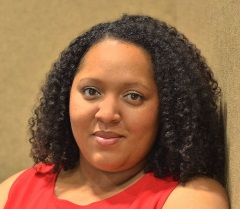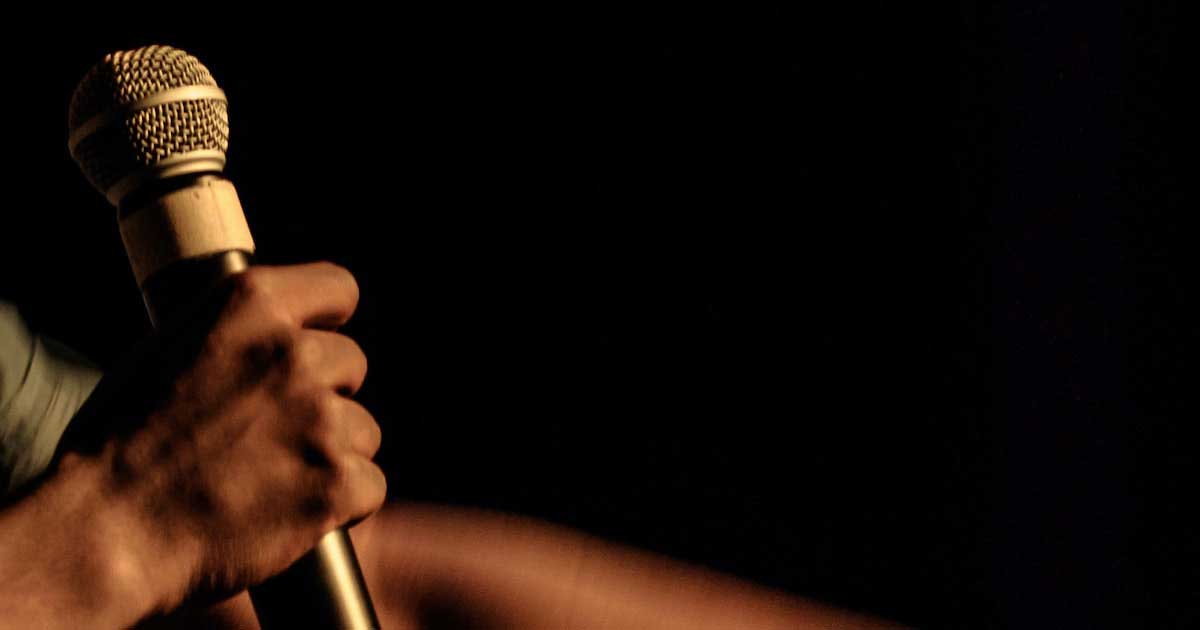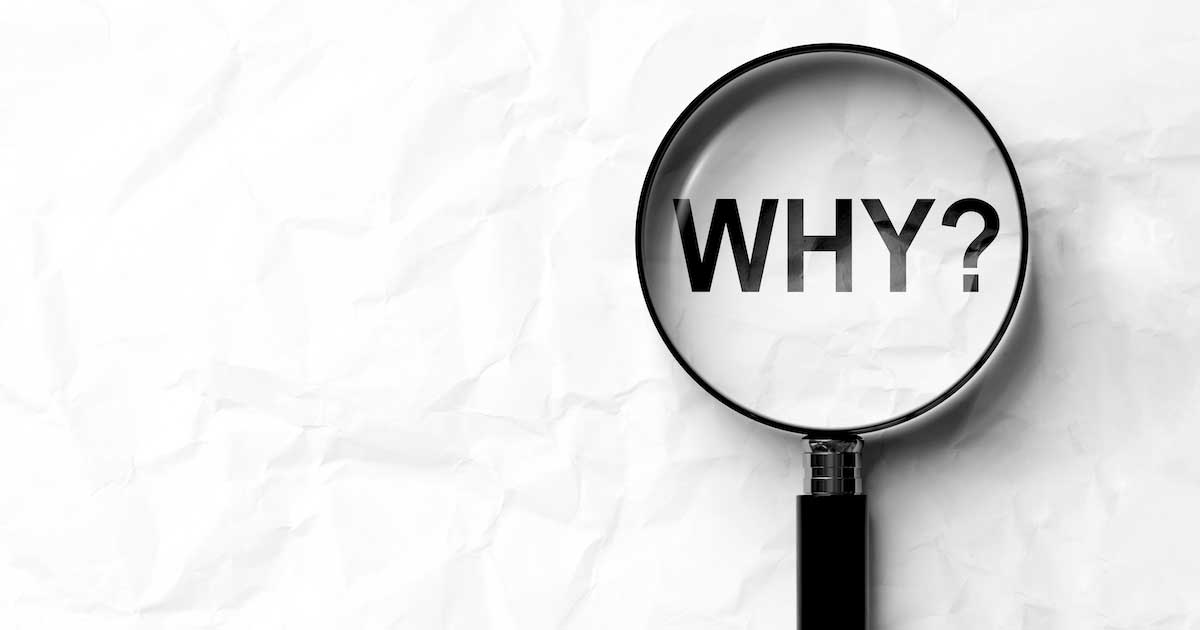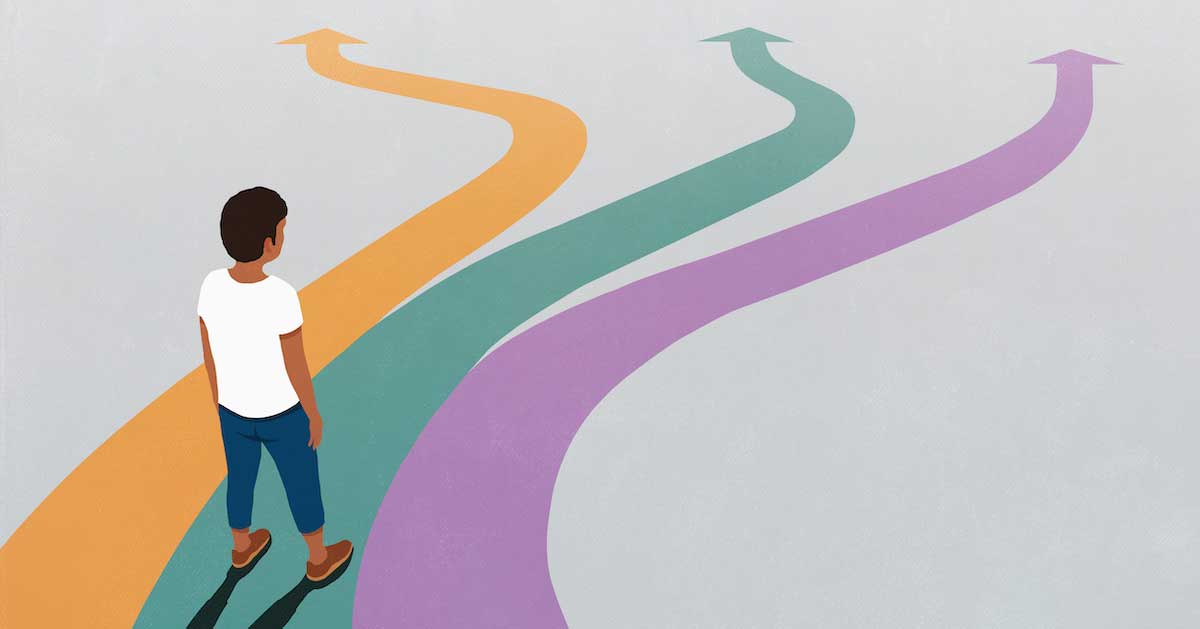We are reaching out to meeting industry professionals to engage in meaningful dialogue on the topic of diversity and inclusion. Today, we hear from Tanida Mullen, CMP (MPI Texas Hill Country Chapter), co-chair of the MPI Diversity & Inclusion Committee and CVB manager for the City of Killeen, Texas.
Learn more about MPI’s diversity and inclusion efforts, and contact me if you would like to contribute to the discussion.

What are the challenges that organizations (including associations like MPI) face when determining a course of action related to diversity and inclusion, specifically for the community?
I think the challenges relate to not really tapping into the current Black membership. Many organizations have a diverse membership, but fail at including people of color when it comes to opportunities of advancement and leadership. When people feel safe and included in an organization, they tell people about the organization and the result is a diverse membership.
How can a diversity and inclusion committee have an impact and be effective in shaping a call to action?
So far, the Diversity & Inclusion Committee has been working on assessment. We first have to know where we are before we can really chart a path to where we’re going. The D&I Committee is made of members from chapters around the world, so we are getting a snapshot of what chapters are asking for. So far, the committee has been listening and taking notes on what members want. The next move is to take that information to the MPI International Board of Directors (IBOD). Listening is one of the most important ways to really decide what the call to action should be. If a chapter is starting a committee, the most important task that committee can do is an assessment.
“Now you have people using their platforms to speak their truth and really uncover what the Black community has to deal with on a daily basis.”
What are the challenges in identifying measurable goals?
I would say the only challenge is to make sure everyone is on the same page as to what the goals are. From the IBOD level to the Global committee level to the chapter level, there needs to be consensus before we can truly have change. Usually, if everyone is clear on the destination, it opens up the possibility for thinking outside the box on ways to get there. The IBOD can set the tone by deciding on measurable goals internally and sharing those goals as a way to show leaders at the chapter level how they can set their own.
This discussion is not new. But why is now different vs. say five years ago, or 10 years ago, when it comes to seeing equality for the Black community?
It’s about how people show up in the world today. Everything is online. Meaning voices are amplified at a level that we haven’t seen before. No longer are these stories on inequality and mistreatment circled around in our community. Now you have people using their platforms to speak their truth and really uncover what the Black community has to deal with on a daily basis. You can see it in video and storytelling, and you can have live conversations at a moment’s notice where you have the world as your audience at the click of a button. Even with technology and access to the world, there is so much work that still has to be done before we see change. Telling our stories is just the beginning.
MPI Resources for Equality and Justice: Furthering the Advancement of All Peoples
Do you feel inspired and confident that real change will come?
Serving on this committee lets me know that at least in our industry, there are people ready to do the work. Having conversations with the committee members one on one let me know that as long as we have people who are willing to have tough conversations, nudge people out of their comfort zone and amplify Black voices, there will be change. We all have to do the work and I’m serving alongside a committee of people willing to do whatever work needs to be done.
How important is diversity to you and what value does it bring?
As kid who grew up in military communities, I had the opportunity to see parts of the world through the lens of people in my community. Just that alone has shaped how I see the world. Diversity means that we will evolve. When I think about business, it’s the diversity of people that brings diversity of thought and with that you evolve faster and most businesses become leaders in their industry for that reason. Diversity means we stay ahead of the game, and as a member of an association or an employee, it means that I get the slight edge in my business.
What are the traits that define an inclusive culture for an organization?
I will keep it easy. Do you value what people can do over what you believe their limitations are? There are many ways to assess that, but ultimately the culture will reflect what you truly value, and now more than ever, people are assessing your organization from that standpoint.
Photo by Obie Fernandez on Unsplash







